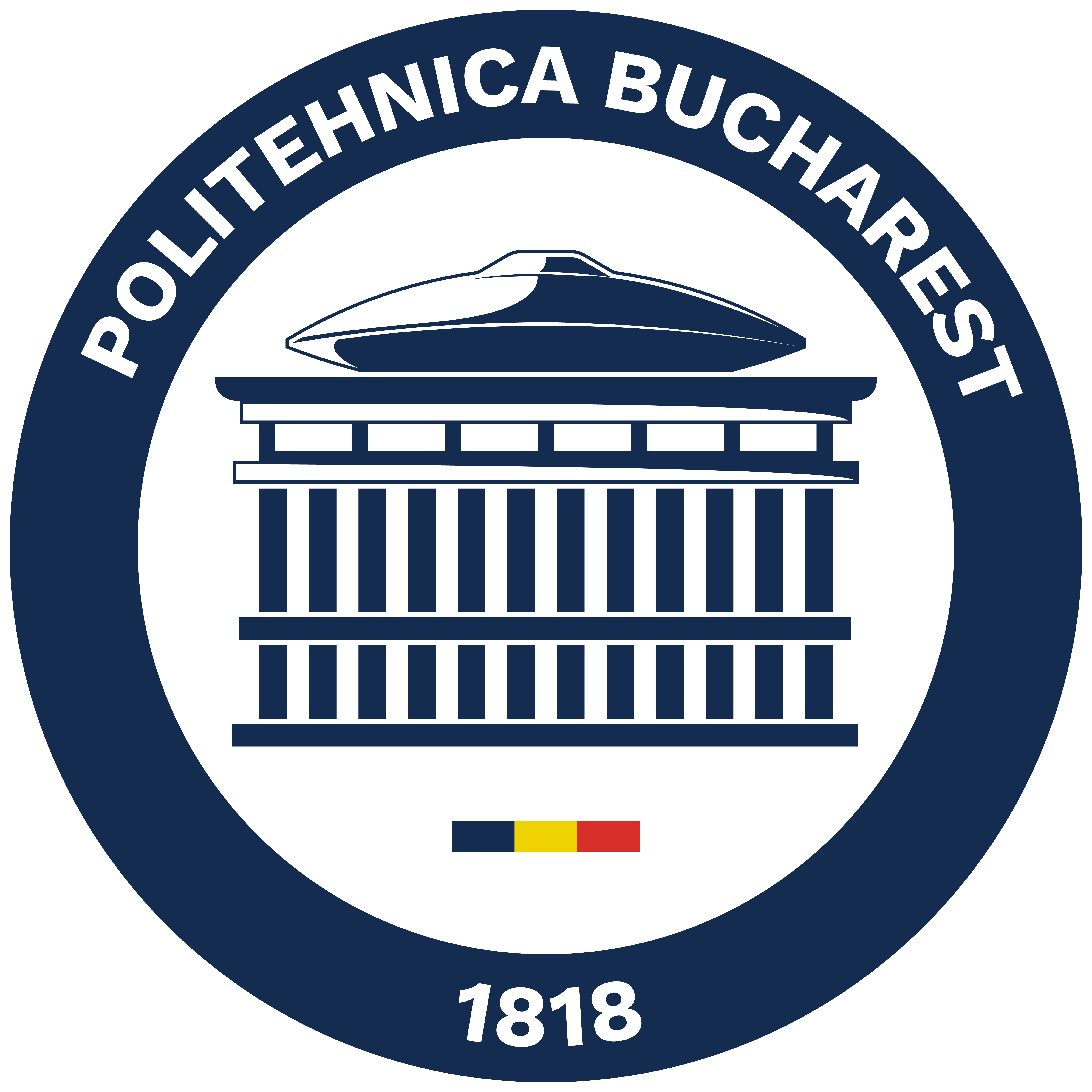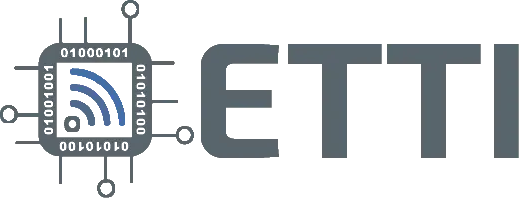Advanced Techniques in Digital Signal Processing
Course in Bachelor’s program (4th year, series E)
Teachers
Prof. Dragoș Burileanu
Lect. Șerban Mihalache
Cristian-Teodor Neamțu
Course Description
This course is studied within the “Electronic Engineering, Telecommunications, and Information Technologies” domain / “Microelectronics, Optoelectronics and Nanotechnologies” specialization, and aims to present advanced topics in digital signal processing (statistical processing of random signals, spectral estimation, adaptive filtering, multirate systems, VLSI architectures), with applications in communications, speech technology, and audio signal processing.
The primary goal is to understand the phenomena underlying the studied techniques and their use in various current fields. Numerous examples and detailed explanations in the lectures help to clarify more difficult theoretical aspects and to solve practical applications and problems, with relevance for stimulating the students’ learning process. Additionally, laboratory applications aim to provide practical experience in the main concepts taught in the lectures. The implemented applications include various software simulations using the MATLAB development environment.
The course covers the following basic concepts and specific topics: discrete random signals and the response of digital filters to random signals, nonparametric and parametric methods of spectral analysis, modeling of random signals, linear estimation and the Wiener filter, adaptive filtering, processing of signals with multiple sampling, analysis and processing of speech signals, applications of speech technology, digital processing techniques for audio applications, concepts related to finite arithmetic in DSP, VLSI structures used for hardware implementation of DSP systems. All of these contribute to providing students with an overview of the methodological and procedural benchmarks of the studied field.
Contents
Course
- “Statistical signal processing” – Introduction. Continuous-time random signals; basic statistical parameters. Discrete-time random signals; the Wiener–Khintchine theorem. Digital filter response to random signals
- “Spectral analysis and parametric estimation for random signals” – Spectral analysis: nonparametric power spectrum estimation; signal modeling and parametric spectral estimation. Optimization algorithms. Linear estimation; Wiener filters
- “Adaptive filters” – Basic concepts. Adaptive algorithms: LMS, NLMS. Adaptive filter configurations: system identification, inverse modeling, linear prediction, interference cancelation; applications. Acoustic echo cancelation in distance talking communication systems
- “Multirate signal processing” – Generalities. Decimation by an integer factor. Interpolation by an integer factor. Sampling rate conversion by a rational factor
- “Speech analysis and processing” – Speech production and perception. Acoustic and phonetic level descriptions; representations in the time and frequency domains. Speech signal variability. The principle of linear prediction in speech technology; the LPC vocoder. Other applications of speech technology: intelligent dialogue systems; speaker recognition; forensic expertise of speech in audio recordings
- “Digital processing techniques and signal processors for audio applications” – Digital recording / playback systems on compact disk. Digital processing techniques used in professional audio studios: volume control and mixing, dynamic range modification, filtering and equalization, special effects. Audio digital techniques implementation using signal processors
- “Finite-precision arithmetic in digital signal processing” – Numerical issues and data formats. Fixed-point representation in digital signal processors. Floating-point representation in digital signal processors. Comparison between numerical implementations. Finite word-length effects in digital filter implementation
- “Hardware implementation of DSP systems. VLSI architectures” – Generalities: hardware implementations, objectives and performance; applications. Digital signal processors (DSPs): general characteristics; Harvard and Super-Harvard architectures; performance, levels of integration; processor families, typical examples. Development systems and practical considerations of DSP algorithm implementation
Laboratory
- Discrete deterministic signals: DFT, digital filtering. Discrete random signals: representations, statistical measures
- Spectral analysis fundamentals for random signals. Linear estimation: the Wiener filter
- Adaptive filters: the LMS and NLMS algorithms, applications
- Multirate systems: decimation, interpolation, sampling rate conversion by a rational factor, applications
- Digital signal processing techniques for the audio: audio and speech signal processing applications
- Additional problems for advanced digital signal processing applications
- Final colloquium
Grading
Laboratory evaluation (continuous): 20%
Laboratory evaluation (colloquium): 20%
Course midterm test (written): 10%
Course final exam (written): 50%


